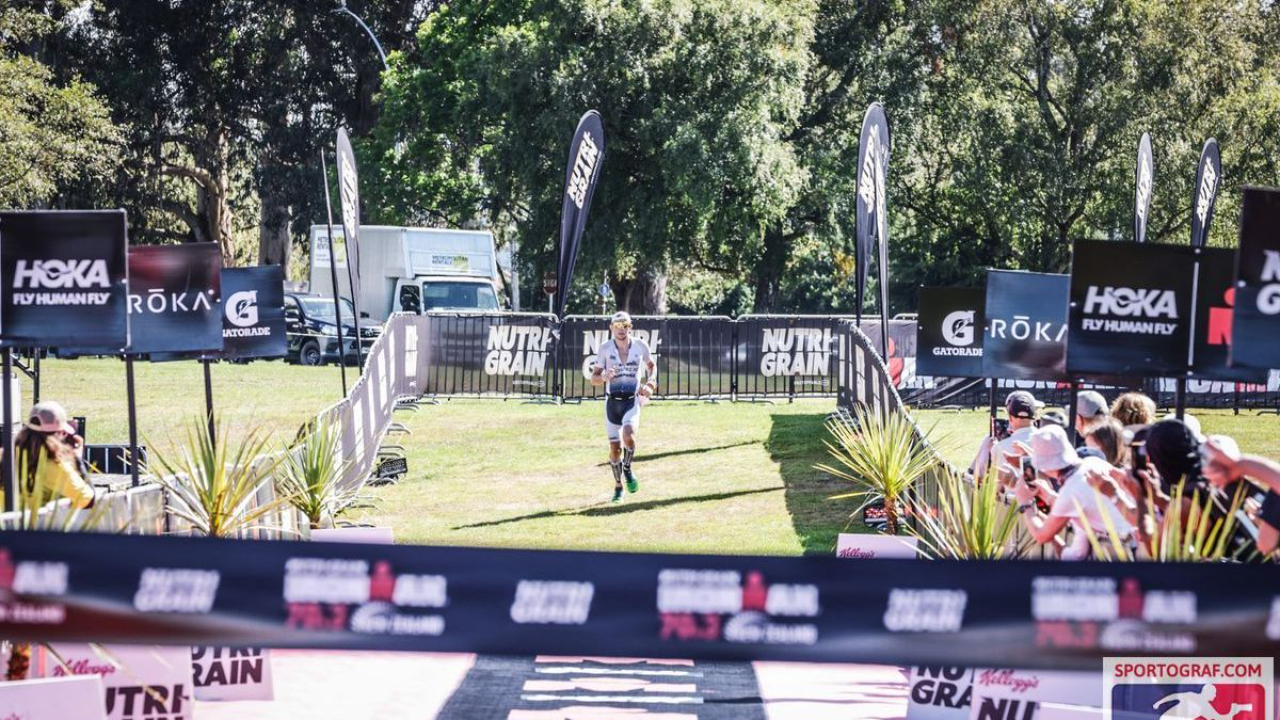120 Grams Per Hour: Deciphering the 'Carbolution' Craze - A Deep Dive into Physiology and Research


I wrote a blog about the recent research assessing the effects of ingesting carbohydrates at very high rates, >120 grams per hour, during endurance exercise (1, 2). My view of the literature, as discussed in the blog, is that there isn’t yet any compelling evidence that ingesting carbohydrates at these super high rates will improve long-distance triathlon performance, or that it’s worth the logistical hassle and risk of gastrointestinal upset. Indeed, there’s even some evidence that carbohydrate ingestion at rates above 90 grams per hour accelerates muscle glycogen depletion and impairs performance (3, 4).
In this blog, inspired by an engaging Twitter thread authored by Prof. Tim Noakes and Iñigo San Millán, I'll delve into the metabolic outcome of ingesting 120 grams of carbohydrates per hour. Through this exploration, I aim to reinforce the perspective that such elevated carbohydrate intake rates might not justify the risk for Ironman triathletes.
Peak ...
Should I train my gut? Both sides of the coin on preserving endogenous carbohydrates

- Dan Plews and Ed Maunder
As we have mentioned in previous blogs, during ultra-endurance events lasting ~8-15 hours like long-distance triathlon, the preservation of endogenous carbohydrate (CHO) stores is one of the key determinants of success (25). As humans, we possess a finite capacity to store CHO energy as glycogen, typically <3000 kcal, of which ~80% is stored in muscle and ~10-15% in the liver (7). Assuming typical running economy values observed in highly-trained distance runners (1.07 kcal.kg-1.km-1) (6) and a body mass of 68 kg, these endogenous CHO stores would not be sufficient to support even one marathon alone (~3070 kcal), let alone a marathon following a 3.8-km swim and a 180-km bike ride. Accordingly, exercise of sufficient duration and intensity – such as an Ironman – will deplete these endogenous CHO energy stores to very low concentrations, and this glycogen depletion has been linked to the fatigue we feel in the late stages of a race (27–29).
Theref...
